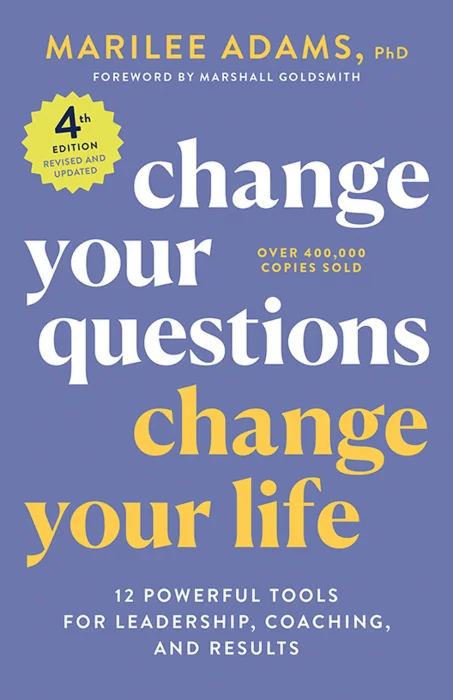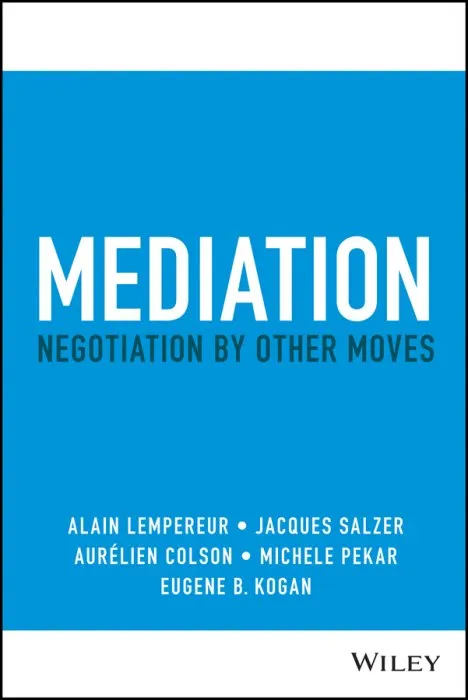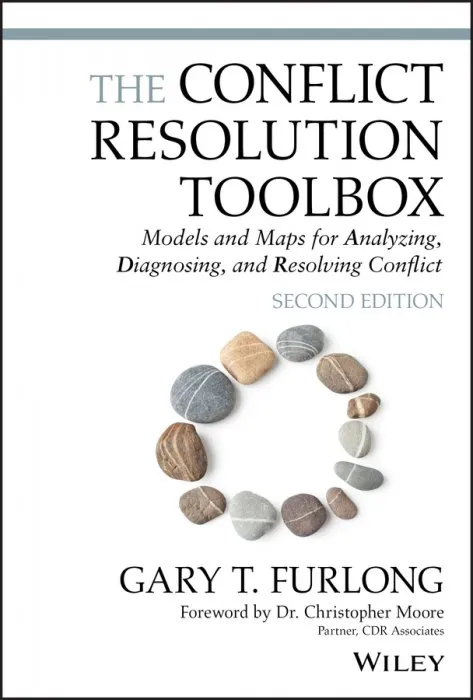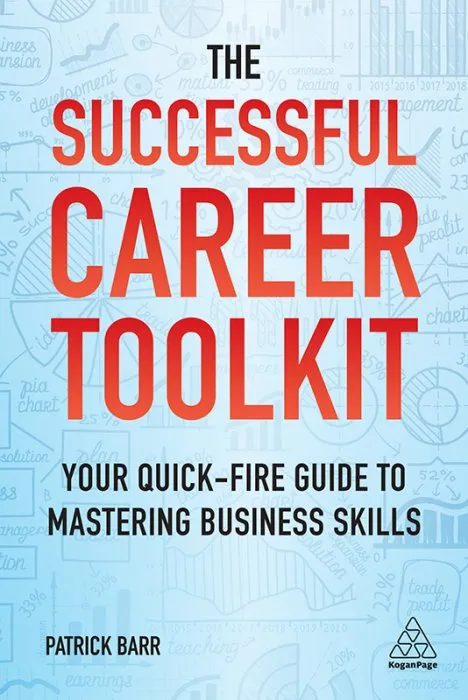The Mediator's Toolkit: Formulating and Asking Questions for Successful Outcomes

Date: September 11th, 2018
ISBN: 0865718970
Language: English
Number of pages: 256 pages
Format: EPUB
Add favorites
Learn how to formulate and ask penetrating, paradigm-shifting questions for successful outcomes in any conflict.
Knowing how to formulate and ask incisive questions to get to the core of a conflict, challenge entrenched thinking, and shift perspectives are the main challenge for mediators and the key to successful conflict resolution.
The Mediator's Toolkit employs the author's powerful "S Questions Model," to provide readers with the skills and tools to develop and ask strategic questions that result in successful outcomes in any context. The S Questions Model toolkit dives into four dimensions of successful questions for mediation: the subject matter dimension, the structure dimension, the information seeking dimension, and the shifting thinking dimension.
The toolkit clearly explains:
• The theory behind each question type, including exploration of relevant neuroscience and psychology
• The purpose of different types of questions
• How the questions work
• When to use different types of questions
• How to build and apply questions to mediation in a non-threatening way
This essential practical guide will radically sharpen, focus, and improve the questioning skills of qualified mediators, students, lecturers, trainers, and those using questions to challenge and effect change, in any context.
Knowing how to formulate and ask incisive questions to get to the core of a conflict, challenge entrenched thinking, and shift perspectives are the main challenge for mediators and the key to successful conflict resolution.
The Mediator's Toolkit employs the author's powerful "S Questions Model," to provide readers with the skills and tools to develop and ask strategic questions that result in successful outcomes in any context. The S Questions Model toolkit dives into four dimensions of successful questions for mediation: the subject matter dimension, the structure dimension, the information seeking dimension, and the shifting thinking dimension.
The toolkit clearly explains:
• The theory behind each question type, including exploration of relevant neuroscience and psychology
• The purpose of different types of questions
• How the questions work
• When to use different types of questions
• How to build and apply questions to mediation in a non-threatening way
This essential practical guide will radically sharpen, focus, and improve the questioning skills of qualified mediators, students, lecturers, trainers, and those using questions to challenge and effect change, in any context.
Download The Mediator's Toolkit: Formulating and Asking Questions for Successful Outcomes
Similar books
Information
Users of Guests are not allowed to comment this publication.
Users of Guests are not allowed to comment this publication.




